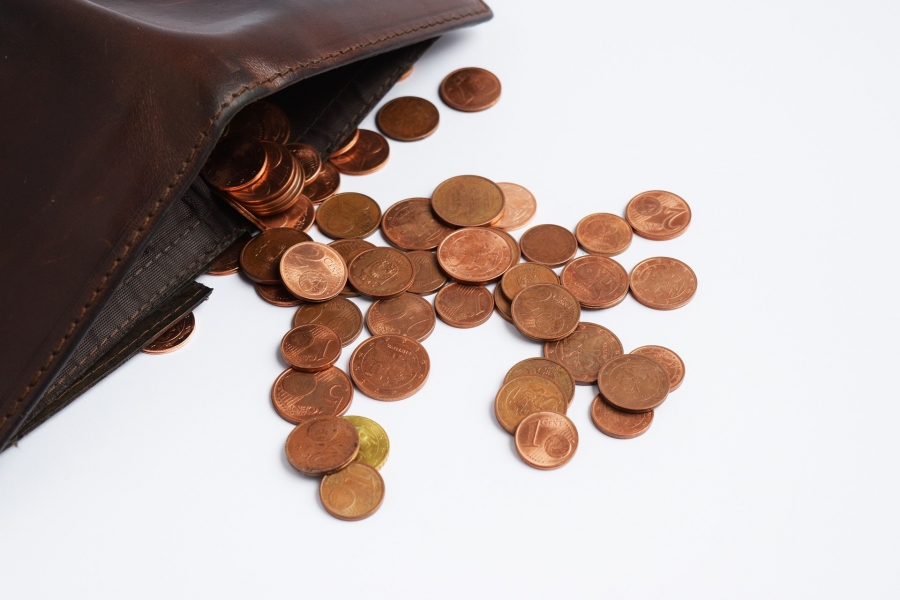With the growing problem of consumer debt in Australia and beyond, it makes sense to attempt to live a debt-free life when possible. Debt, such as credit cards, gives you the chance to enjoy luxuries and other items now and to pay for them later. However, because you are paying interest and fees on debts, this mentality can cost a small fortune in unnecessary expenses. Whether you are trying to avoid debt altogether or you are looking for a way to stop using debt so that you can pay down your balances, these essential tips can help you to achieve your goals.
Fund Your Savings Account
One of the first steps that you should take if you are trying to avoid debt or reduce debt balances is to fund a savings account. Start with a modest goal, such as saving up $1,000 in your savings account. Gradually increase your balance to equal three to six months of your personal expenses. When you have a well-funded savings account, you are less likely to make credit card charges when you run into an unexpected situation. With a savings account, you can buy essentials with savings fund and repay the money to your savings account when possible.
Do Not Get a Credit Card
Some people view carrying one or more credit cards as a necessity, but this is not the case. There is no need to carry a credit card around when you have a funded savings account. With a credit card in your possession, you are much more likely to use it at some point. If you do not want credit card debt, simply do not have a credit card.
Pay Debt Balances in Full
In the event that you do have and use a credit card, always pay the balance in full each month. You can buy with a credit card as long as you do not pay too much later. When you do not pay the balance that you charged on the account this month, it will carry over to the following month. Next month, you will have to pay the remaining balance plus interest and fees. This makes it much harder to pay the balance off the following month.
Budget on the High End for Expenses
When you prepare a budget, always estimate on the higher end for expenses. When you estimate on the lower end, you are much more likely to run into a debt-building situation with your finances. You must always make sure that you have enough money to pay for all of your expenses, and you cannot necessarily do this if you underestimate the cost of your expenses.
Budget on the Low End for Income
Likewise, always estimate on the lower end for your income. There may be times when your income actually is lower, and you do not want to be caught off-guard or run low on funds. When you estimate a lower income than you actually earn, there is less chance of running out of money.
Keep Up with Your Budget
Some people create a budget and then forget about it. A budget is an exceptional tool when used correctly. Remember to reconcile your budget with your actual income and expense figures every few days so that you can stay on top of your finances.
Live Below Your Means
Another excellent way to reduce the chance of operating with a deficit each month is to live well below your means. When you live up to your means, you are leaving little to no extra room in your budget for unexpected expenses, debt reduction payments and savings. In order to live comfortably, you must live below your means.
In Case Of Emergency Explore Other Options
We all know that sometimes you just have to spend on something unplanned, life is that way. The best option is to have the savings ready for this type of situations, but few of us really do. In that case, it is wise to check for any other options available before using the credit card. Over the last few years, BNPL (buy now pay later) service has gained popularity with online shoppers. BNPL allows you to purchase the product now and pay for it in pre-agreed monthly repayments, giving you time to adjust your budget accordingly. If you want to learn more about BNPL, check out this article by Debt Rescue.
Create a Savings Plan for Extras
Everyone wants or needs items at some point that they cannot afford to pay with extra cash available at the end of one month. For example, you may want to pay cash for your next car. Rather than take out a car loan or charge a vacation to a credit card, save regularly for several months or longer so that you can pay for the expense with cash.
Find Free or Affordable Hobbies and Interests
Some people pay a small fortune for their hobbies and interests. You do not have to spend hundreds of dollars or more each month simply getting enjoyment out of life. Find a free or affordable hobby that is enjoyable to you. Actively pursue this activity, and give up hobbies that are too expensive for your budget.
Drive a Used Car for as Long as Possible
Many people spend a fortune on a huge car loan. A car is often viewed as a status symbol, but a high car loan is an unnecessary expense. Remember that you also must pay auto insurance, fuel, maintenance costs and more. Choose an affordable used car, and pay cash for it when possible. Always ensure that the vehicle is affordable in terms of auto coverage, fuel economy and more. Choosing the right car to drive can save you hundreds of dollars each month.
While debt is common and burdensome, it can be avoided. Each of these strategies plays an important part in curbing personal debt. Take steps to implement these tips into your life going forward.

